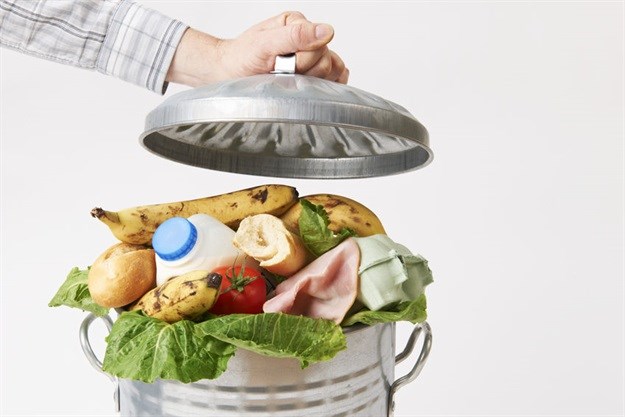Law starving the poor

They say section 61 of the act, which could impose costly liabilities on participants in the food production, distribution and retailing chain, disheartens "good faith" food donors.
At least 11.3% of households in South Africa, and 13.1% of individuals, are vulnerable to hunger, according to Statistics SA's 2015 household survey, released in June.
Data captured by the Council for Scientific and Industrial Research (CSIR), released in 2013, showed that 9million to 10million tons of food waste is generated annually in South Africa, which translated to an estimated R61.5-billion throughout the value chain in 2012.
In a discussion paper drawn up by Nastascha Harduth, a director of Werksmans Attorneys, and an advocate for changing surplus food distribution laws, this would translate to R79.5-billion if inflation were accounted for.
"The Consumer Protection Act is ... the reason for the food donors' unwillingness to donate food," said Harduth. "Section 61 of the act discourages food donors from donating because of the strict liability."
According to section 61, "the producer or importer, distributor or retailer of any goods is liable for any harm ... caused wholly or partly as a consequence of supplying any unsafe goods, a product failure, defect or hazard in any goods and inadequate instructions or warnings provided to the consumer".
The purpose of the clause, said Elizabeth de Stadler, a legal consultant at Novation Consulting, is to "[protect] consumers from injuries caused by products that are unsafe. Spoiled food is a very good example. Anybody who uses the product and suffers harm can claim against anybody in the supply chain: from the person who sold them the product to the manufacturer."
Most food has a "sell-by" date and a "use-by" date and this is where the problem arises. Although retailers can donate food that is beyond its sell-by date, they could face legal action for donating it beyond the use-by date, even if the food is still edible.
In a 2015 article, FoodBank SA operations manager Neil Davison confirmed that his organisation only distributed food that was within its use-by or best-before date.
"Several countries, including the US, have national Good Samaritan laws that protect donors against legal liability connected with donating food, as long as the donated food is fit for human consumption," he said.
Kate Hamilton, fund development manager at Food Forward SA, a surplus-food distribution company or "food bank", said donors were worried about facing legal action for making donations.
"Liability is a concern for a lot of the companies we work with. Some donate anyway, but it is definitely a concern."
"What South Africa lacks is legislation that limits the liability of good-faith food donors, allowing them to donate food without everyone in the supply chain being jointly and severally liable should damages occur, because they were not acting out of malice," said Harduth.
She proposes a Good Samaritan Food Donation Act, as in countries such as Canada, the US, Italy and Panama, to limit the liability of donors who do not act with malice.
"It provides that if you give food that is damaged, or it has expired and you donate it to a body or NGO that knows how to treat or reconstitute the food, you will not be held liable. In South Africa, we do not have such legislation."
Novation Consulting's De Stadler said that in South Africa there is a "consideration" requirement.
"For section 61 to apply, the consumer must pay for the goods or give something else in exchange. If the products are 100% free, the act does not apply to the donor.
"But the consumer could probably still claim against the manufacturer."
But Trevor Hattingh, of the National Consumer Commission, said the proposed changes to the law "would limit the responsibility of a donor to ensure good quality for a consumer or vulnerable person".
"Donors would be philanthropic at the expense of human life ... Just because food is donated doesn't mean that the recipient should be placed at risk occasioned by the goodwill of the donor."
The director of the Pietermaritzburg Agency for Community Social Action, Mervyn Abrahams, agreed: "We cannot have a situation in which the poor are being given the leftovers of the middle class and the rich".
Retailer Woolworths would not say whether it was worried about being liable for damages when donating surplus food. The company said it had donated food worth R485-million this year.
Pick n Pay general manager for sustainability Andre Nel said the company donates almost 2000t of food annually to FoodBank SA.
"This is food that is within its code dates (use-by) dates. It is illegal to give food outside of its code dates."
Source: The Times